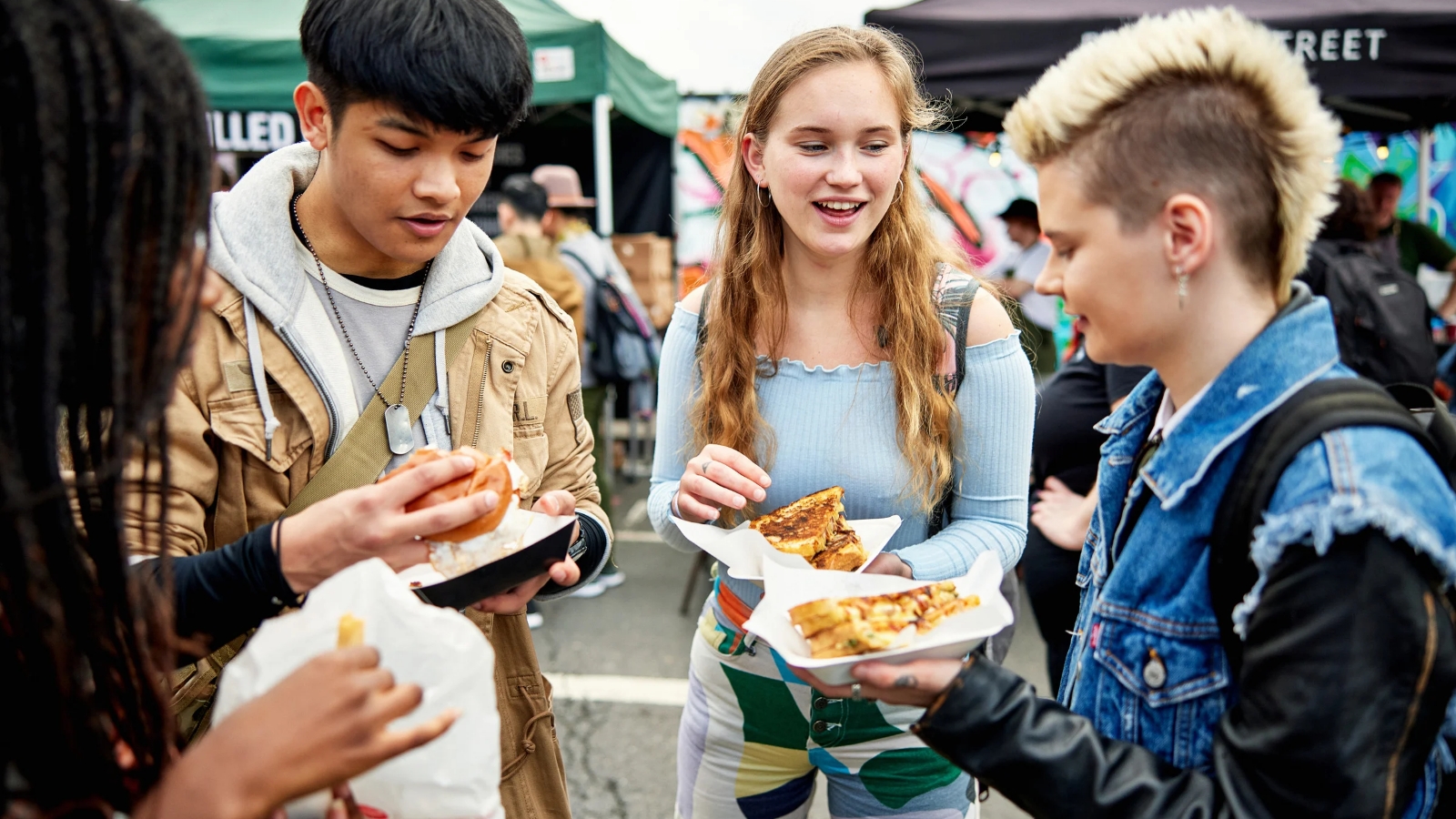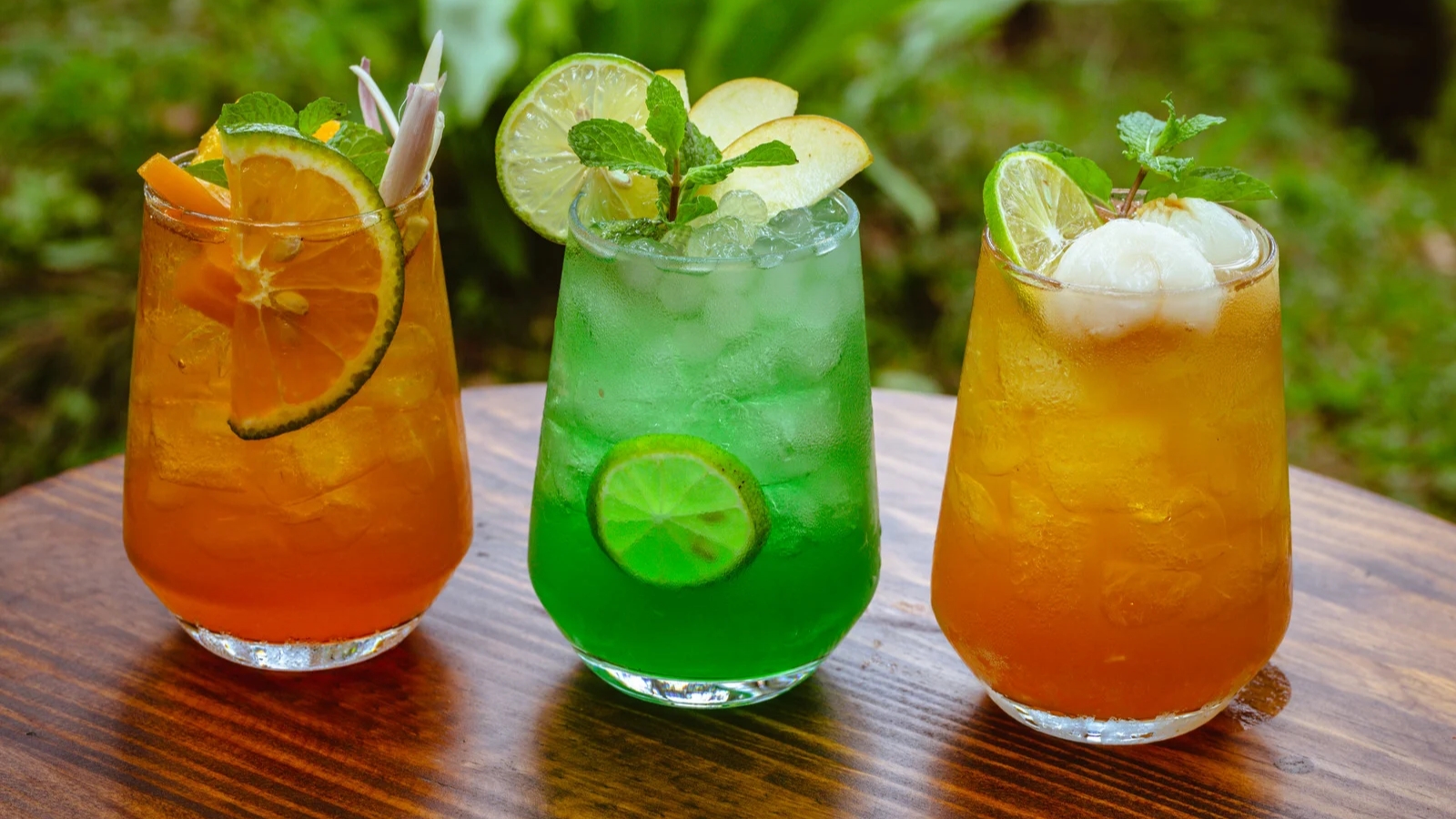Every generation shapes how food is eaten, and Gen Z is no different. For this group, food is about more than taste. It is tied to identity, health, sustainability, and convenience. Born between the late 1990s and early 2010s, Gen Z grew up online, exposed to global cultures, and more aware of climate change than any generation before them. Their habits are changing what shows up in kitchens, grocery stores, and restaurants.
This article looks at the food trends Gen Z is driving and how these choices are reshaping the future of eating.
More Plant-Based Choices
Gen Z is adopting plant-based foods faster than older groups. Many cut back on meat, choose dairy-free alternatives, or add vegan meals into their weekly routine. For some, it is about health. For others, it is about the environment and animal welfare.
- Plant-based burgers, oat milk, and vegan cheese are now standard on menus.
- Fast-food chains include meat-free items to appeal to younger customers.
- Grocery shelves now carry chickpea pasta, plant-based seafood, and mushroom snacks.
While not all identify as vegetarians, many eat this way part-time. “Flexitarian” eating—balancing meat and plant-based meals is becoming the norm.
Food With Benefits
For Gen Z, food does more than stop hunger. Snacks and drinks are expected to boost health, improve focus, or provide energy support. These are called functional foods.
- Kombucha, matcha, and probiotic drinks are popular.
- Snack bars with added protein or adaptogens fit into busy days.
- Collagen drinks, CBD products, and vitamin-rich waters are experiencing growing demand.
This shows how strongly Gen Z links food with wellness. They want meals and snacks that support both body and mind.
Love For Global Flavors
Social media has exposed Gen Z to global cuisines, making them adventurous eaters. They are drawn to bold flavors, street food, and international recipes.
- Korean barbecue, Mexican street tacos, and Mediterranean bowls are trending.
- Bubble tea, birria ramen, and kimchi are common picks.
- Fusion dishes that mix traditions are popular in restaurants and home kitchens.
For this generation, food is a way to connect with culture. Trying a new recipe feels like exploring the world.
Snacking Over Meals
Gen Z does not always follow the three-meal pattern. Instead, many spread smaller meals and snacks across the day. This fits their busy, on-the-go lifestyles.
- High-protein snacks, such as hummus packs, yogurt cups, and cheese sticks, are in high demand.
- Fruit, nuts, and protein shakes are easy, portable options.
- Snacking is not just occasional—it is part of the daily routine.
Food brands are responding with more portable and nutrient-dense products to match these habits.
Focus On Sustainability
Sustainability is a significant factor in Gen Z’s food choices. They look for eco-friendly packaging, ethical sourcing, and companies that reduce waste. Supporting local farms also matters.
- Apps that reduce food waste are popular.
- Farmers’ markets and local produce attract younger shoppers.
- Clear labels on sourcing and carbon impact influence buying choices.
For Gen Z, transparency is key. They want to know what is in their food and how it was made.
Tech Shapes Eating
Technology has changed how Gen Z eats. Food apps, TikTok recipes, and meal kits all play a role in their choices.
- Recipes like whipped coffee or baked feta pasta spread fast.
- Delivery apps make meals available at the tap of a screen.
- Subscription meal kits bring new flavors to home kitchens.
Social media is often the first place Gen Z sees new food ideas. Trends can start and spread worldwide in a matter of days.
Non-Alcoholic Drinks
Gen Z is drinking less alcohol than older generations. Many prefer alternatives that let them enjoy social occasions without the side effects.
- Mocktails, sparkling waters, and kombucha are popular picks.
- Alcohol-free beers and wines are appearing in stores and bars.
- Restaurants now offer full non-alcoholic menus.
This shift fits with their focus on health and balance. They want drinks that are fun and flavorful but also align with their lifestyle.
Conclusion
Gen Z is shaping food in ways that go beyond taste. Their choices reflect values around health, convenience, culture, and the environment. Restaurants and brands are paying attention, adjusting menus and products to meet their expectations.
Plant-based foods, functional snacks, global flavors, and sustainable options are not fads. They reflect deeper habits that will shape the future of eating. For Gen Z, food is both personal and social—it reflects identity, connects cultures, and supports wellness. These trends show where food is headed: more diverse, more mindful, and more connected to everyday life.


